Leftists In Retreat
Since 2016, forces backed by imperialism in Latin America and the right-wing have enjoyed repeated victories over leftist administrations on the continent. In Venezuela, the Bolivarian government has been under siege by anti-government rioters and the National Assembly, under the leadership of the U.S. backed self-proclaimed president, Juan Guaido.
Ecuador’s former left-wing president, Rafael Correa, has been replaced by his vice president, Lenin Moreno, who, although he is a member of the “democratic-socialist” PAIS party, has subjected his country to harsh IMF-imposed neoliberal austerity policies.
Jair Bolsonaro’s election as President of Brazil marked the beginning of a war against the country’s trade unions, which declared a general strike in June in response to a push for pension reform.
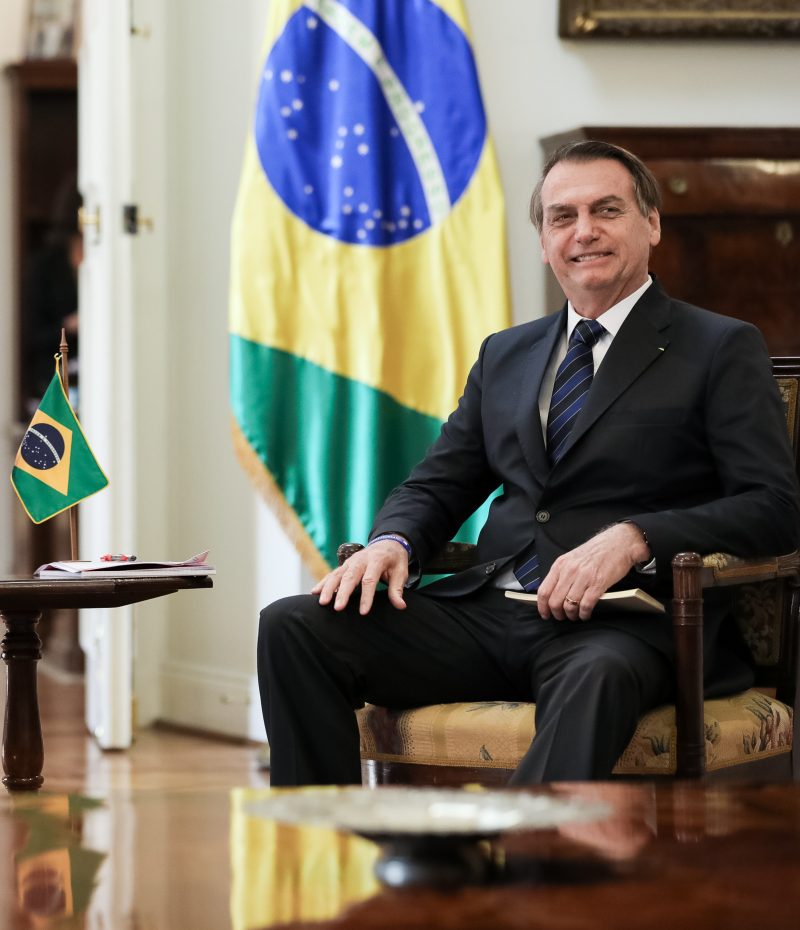
(Santiago – Chile, 23/03/2019) Presidente da República, Jair Bolsonaro durante Reunião Bilateral com Presidente do Chile, Sebastián Piñera.
Foto: Marcos Corrêa/PR. Wikimedia Commons
The power of these reactionary leaders has continued to grow either with the help of global capital, in the case of Ecuador, or domestic capitalists looking to exert themselves internationally, in the case of Brazil, or a combination of both – as in Venezuela.
Every achievement they have made is praised as evidence of the popularity and success of business-friendly policies in Latin America, by their backers in the west. But their praise was clearly premature – as sudden and unexpected bursts of discontent exploded into insurrection, in countries with some of the most reactionary government administrations.
Response to Counterrevolution
On October 17th, Chilean President and billionaire Sebastian Piñera gave an interview to the Financial Times, in which he discussed the growing social unrest and economic stagnation in Latin America. He chastised the economic “stagnation” and “political crisis” of Brazil, Mexico, Argentina, and Paraguay – all countries he claimed were either ruled by “populism” of both left and right-wing character or experiencing an ascension of populism to power.
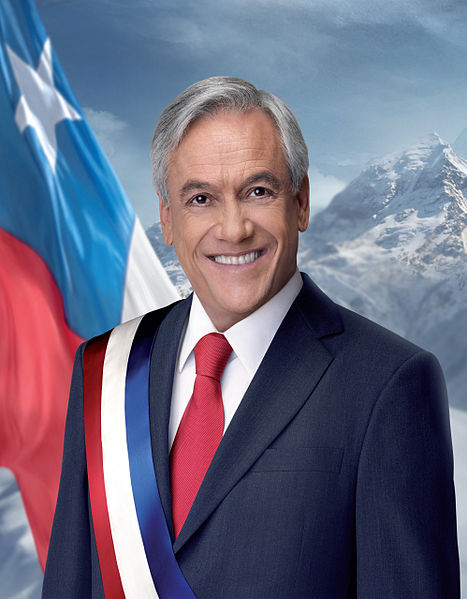
Wikipedia
After all, his country’s supposedly stable free-market economy was always praised by western imperialist countries as an oasis, inheriting Augusto Pinochet’s legacy of a backed brutal and neoliberal regime that many of those same countries supported.
Except, 24 hours after Piñera’s interview, the sum of all repressed social frustration in Chile came to a head, manifesting itself as protests against a price hike for metro tickets. Days later, the military was deployed and the protests became nationwide insurrection, with millions of working people participating. Just recently, the capital, Santiago, was shut down by an enormous crowd of over one million protesters.
Social media platforms have revealed the true degree of violence to the world – soldiers shooting protesters in the street, lifeless bodies burnt to a crisp, people missing limbs, etc.
What was thought to be impossible in the third most economically unequal country in the world has become reality. Although Piñera has since apologized and promised a measly nationwide increase in pension payments, the protesters have continued to organize. Their intent is clear – resistance will end when Piñera’s administration is gone.
About a month before the protests in Chile, another wave of insurrection against neoliberal administrations took place in Ecuador, where several months after Lenin Moreno’s 180-degree-shift towards austerity sparked similar protests. Moreno’s administration and the government were even forced to evacuate the capital – as protestors successfully captured and detained 50 police officers.
In the end, Moreno negotiated with the protesters he claimed were covertly supported by Venezuela and Rafael Correo, probably saving his life in the process. He agreed to completely overturn his administration’s austerity policies and in return the protests came to an end.
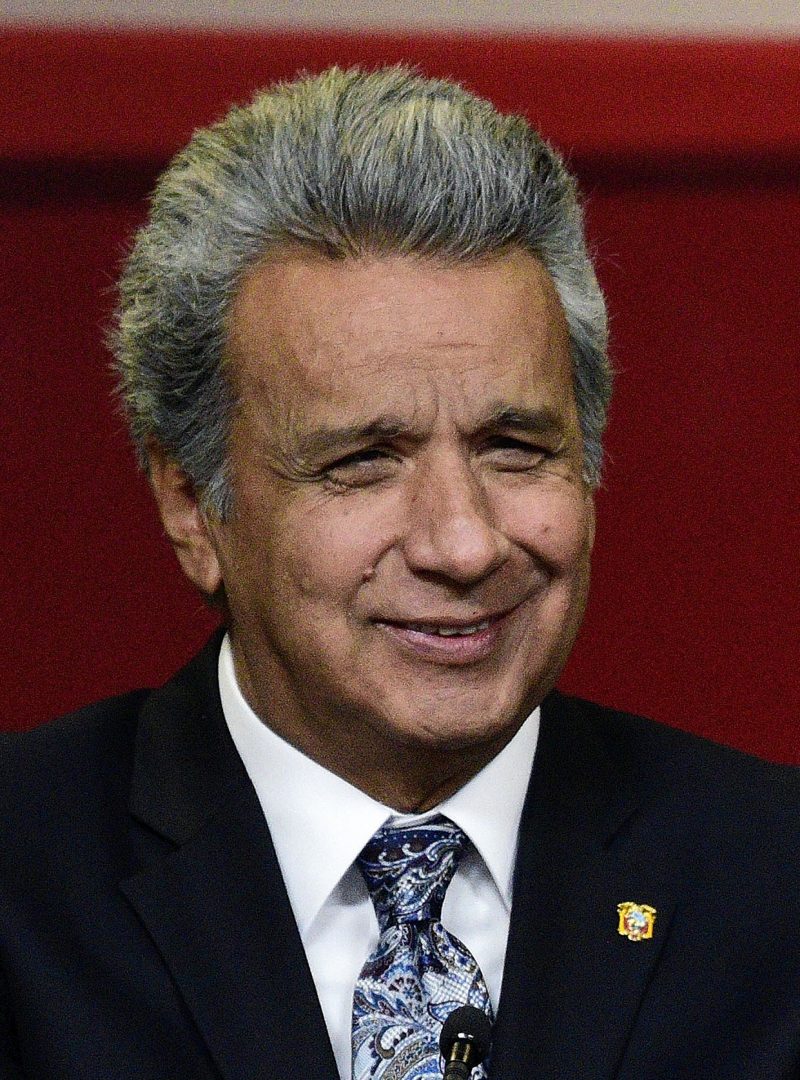
Wikipedia
What Next For Latin America?
The sudden anti-neoliberal insurrections that exploded across Latin America reflected an attitude not captured in the western media – the attitude of the continent’s working people towards neoliberal “miracle” policies, imposed by the IMF and praised in the media of western imperialist countries. On top of promoting positive social change in their own countries, these protests have also helped left-wing governments in the rest of Latin America.
Both Chile and, since Moreno came to power, Ecuador have aided U.S. attempts to overthrow Venezuela’s Bolivarian government by exerting political and economic pressures on President Nicolas Maduro’s administration. Now that the very existence of the Chilean government is in question, and Moreno’s administration is walking on eggshells with its people, Venezuela has been given room to breathe. If this trend continues, the government will have a better chance at improving its economic situation and resisting attempts by U.S. backed forces to seize power.
It’s also possible an anti-neoliberal leftist administration will come to power in Chile, and perhaps even in Ecuador, which would improve cooperation between Latin American countries in their struggle to defend their sovereignty against western imperialism.
With no end in sight for the protests in Chile, and an uncertain future for Moreno’s administration in Ecuador, it’s possible that this most recent wave of revolts has not come to an end. Perhaps Bolsonaro’s administration will soon be contending with a similar fate if his war with the trade unions continues.


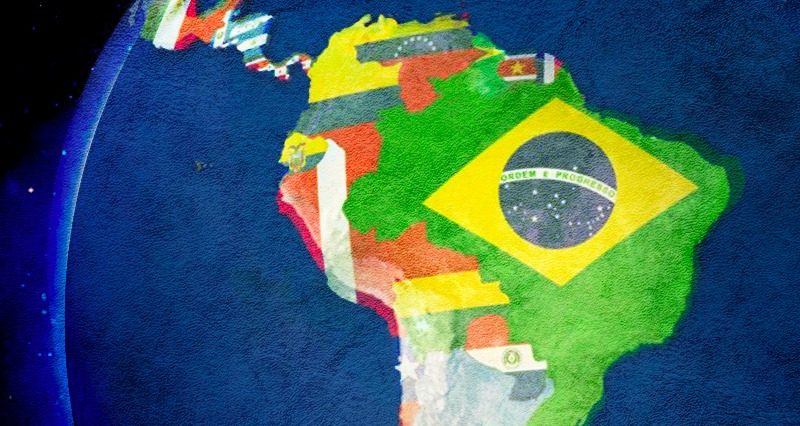




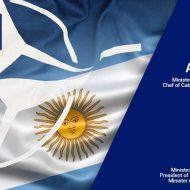

Leave a Reply